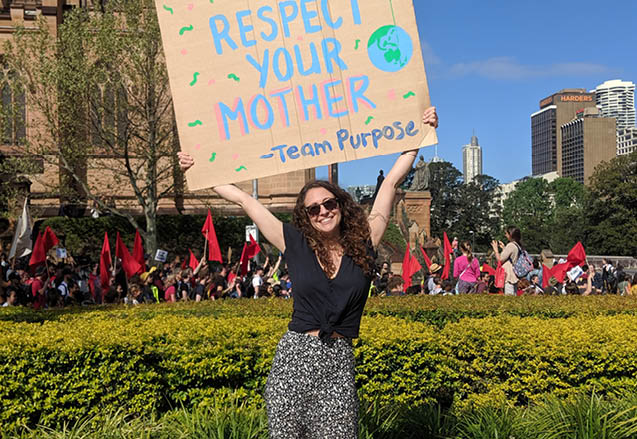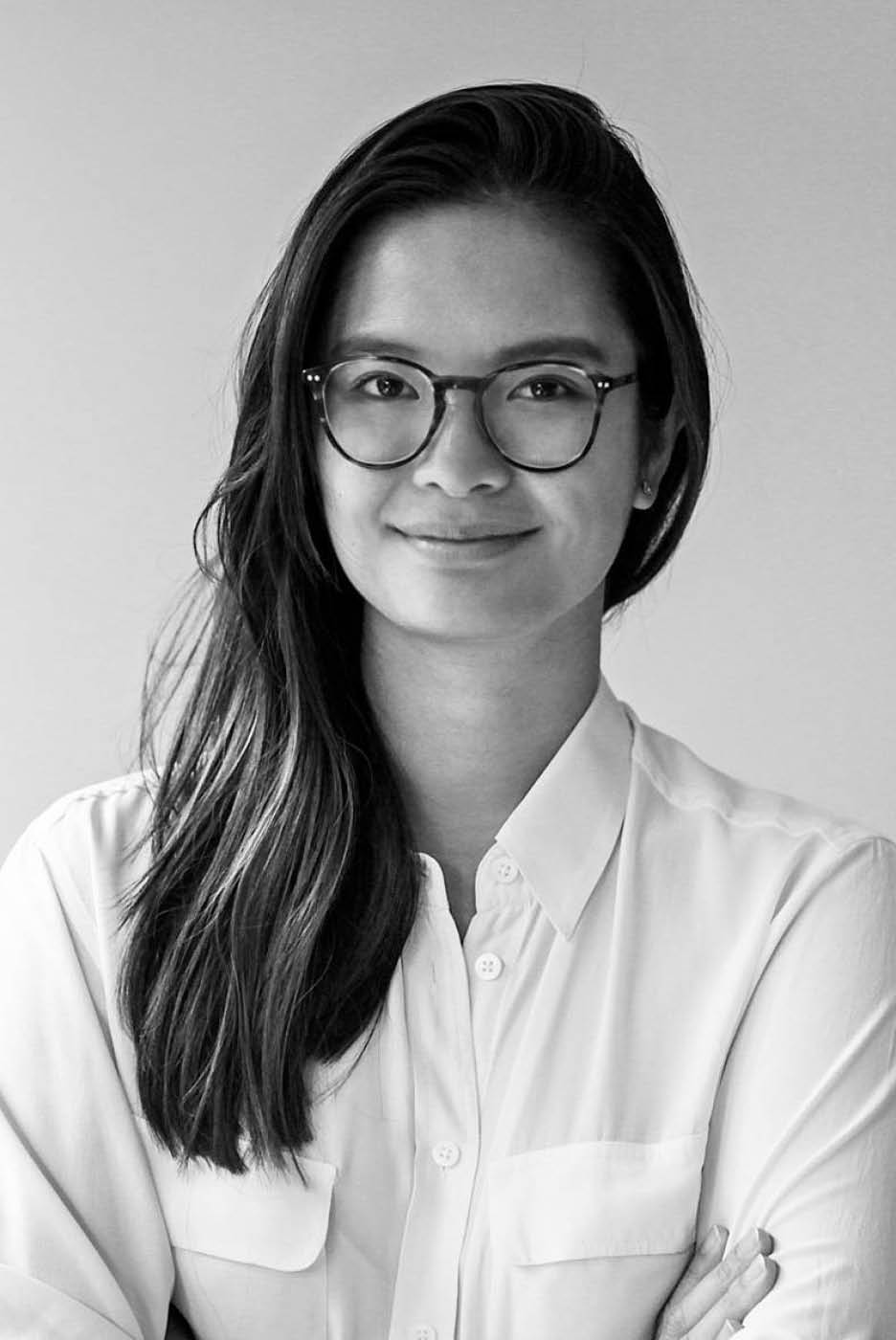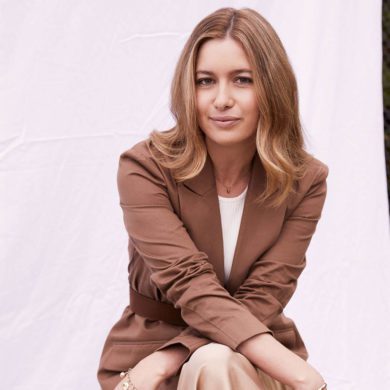Poor millennials. Ever since they started to enter the workforce as bright-eyed idealists at the turn of the century, they’ve been subjected to some serious negativity. They were over-ambitious, but lazy; confident and entitled, yet required constant reassurance and attention. When surveys revealed high rates of mental-health issues and stress (hardly surprising in today’s anxiety-provoking world), they were labelled “snowflakes”.
Yet – drumroll, please – not all millennials fit the stereotype. In fact, Australian research released yesterday suggests the prevailing view of Gen Y (the other term for millennials) is, in many cases, way off the mark.
Last year, Melbourne-based consultancy International Consultants Centre (ICC) surveyed over 600 Australian millennials aged 23 to 38 and found results challenged several of our most deeply-held Gen Y beliefs.
Take millennials’ supposed tendency to switch jobs every two years so they can find a new challenge, or find themselves.
“In fact, most millennials regard themselves as loyal to the companies they work for, and they like stability,” says Kate Gilkison, ICC intercultural facilitator and research lead. “We found that 88 per cent wanted to stay with their company for more than two years, while 35 per cent (and nearly half of public servants) wanted their next role to be in the same organisation.”
Millennials regard themselves as loyal
Neither are they hungry for bigger salaries.
According to the research, millennials are mainly happy with what they earn, with 64 per cent saying they were satisfied with their pay.
They do, however, want to be challenged, and almost three quarters want regular, face-to-face meetings with their manager (no, they do not prefer to communicate entirely by text or Slack).
Conversely, those who don’t feel challenged or valued are much more likely to be actively looking for new roles (which might explain why they have a reputation for job-hopping, even though all young people – of whatever generation – tend to do this).
Gen Y also cares about flexibility, which beats salary in terms of what they’re looking for in an employment package. Partly, this is a result of older millennials having children and confronting the expensive, inflexible reality of childcare in Australia. But sometimes, as our interviewee Justine Szalay says below, millennials do just want to go to yoga or the beach. In other words, work-life balance really matters.
Sometimes, millennials just want to go to the beach
And there was one stereotype that was definitely true – 98 per cent of millennials say it’s important for their organisation’s values to align with theirs.
So, this week we interviewed three millennials about the very millennial reasons they switch jobs or careers – and what they want from work (as opposed to what everyone thinks they want).
‘I wanted to be in control of my time’
Ana, 34, photographer (pictured above)
“When I was studying for my medical degree in Sydney, I’d often get up early and drive 45 minutes to the beach to photograph the sunrise. I was teaching myself about light, and I loved how beautiful the light was at that time of the day.
At that time, photography was both a hobby and a job that I pursued at weekends, while I worked and studied medicine during the week, too. I’d already secured some great fashion clients, like Harper and Harley and Carmen Hamilton, and I didn’t want to lose them.
At the same time, I felt a lot of pressure not to give up on medicine. I’d grown up in the Philippines, where medicine or law were prestigious careers, and I knew my family of entrepreneurs felt proud that I was pursuing such a high-value career. Also, I’d seen the ups and downs of business at first hand, and medicine offered stability and financial security.
Every time I thought about abandoning medicine for photography, something pulled me back. First, I felt I should complete my honours; then I was advised to complete my hospital internship so I could receive my general medical registration. It was about keeping my options open.
I felt pressure not to give up medicine
But in the end, after a particularly bruising 12 months at work, I realised I wanted my career to have qualities that medicine could never offer. I wanted to be in control of my time; I love being creative and working with other creative people. Often, now, I shoot outside; in a hospital, you can spend days at a time without venturing outdoors.
Photography is my true passion, but I do worry about the lack of financial stability. It’s three years since I left medicine and while the first two years of freelance life went quite well financially, last year was slower. That can be really scary. I’m lucky to have a partner with a stable, well-paid job. And I am so much happier now.”
‘I need the freedom to do what I want’
Justine Szalay, 31, Associate Strategy Director, Purpose
“In my mid 20s I worked for two years as social media strategist for Coca Cola. I really valued the role – I was second in charge of a team of eight, and we managed all of the social strategy for every single brand under the Coca Cola name. My plan was to gain as much experience as I could then move to New York, where I’d been told the role at Coca Cola would help me gain a more senior position.
After a while, though, people started to comment that I never had a coke beverage in my hand – and I wouldn’t take water from the fridge because I didn’t like using plastic bottles. I also didn’t like corporate life, and being told what to wear to work! I realised that I’d taken a position that really didn’t align with my values, and that my ego had driven me to take it, rather than actually thinking about what it meant to me.
I’d started out in a great social media role at (advertising agency) M&C Saatchi, but I was disillusioned by the world of advertising, too. My peers were still working ridiculous hours, and so were my seniors. They were missing their children’s birthdays, getting their receptionists to buy the kids’ birthday presents. That wasn’t the lifestyle I wanted.

So I took time off, went travelling (I worked for a few months on super yachts!), freelanced in London and then returned to Sydney determined to rebuild my life according to what was important to me. So I wanted to prioritise friends and family, and – when I heard about Purpose [which creates campaigns for social impact] – I wanted to work here. I really held out for that job.
I now work four days a week at Purpose, and I have a couple of side hustles on the go as well. I have flexibility. On a day like today, when I’m working from home, I can duck out for lunch with my sister and my nephew. Or it means that if I need to come in a little bit later for work because I’m going to a yoga class, or I just need to go to the beach, I can. I’ve realised I like the collaborative nature of an office environment but I also need the freedom to do what I want.”
‘I want to be paid what I’m worth’
Monique Dawson, 31, Senior Manager, People Advisory Services, Ernst and Young
“I started at EY as a 17-year-old cadet and have been here ever since – not very millennial behaviour! But I have been lucky to be able to work in several different positions in the company, including a six-month secondment to Dallas in the US. Now I manage six direct reports here in Melbourne, with another 10-15 across Australia, depending on the project we’re working on.
I’m in a unique position where I’m often much younger than my management colleagues and I’m a similar age to the people I manage. Sometimes I can see the shock on clients’ faces! And sometimes I questioned whether I was worthy of a seat at the table, so I’ve had to work out what I bring, which is that, yes, I’m a millennial and I bring fresh ideas.

Managing millennials means that you do have to accommodate their desire for different experiences. My secondment was amazing – it was the best thing I ever did, and it gave me a whole new perspective and skills. But it doesn’t have to be that dramatic. Sometimes it’s seconding millennials to a client, or letting them run a project or rotating them through different areas of the business.
Although I’m millennial, my values have changed as I’ve got older. When I started work, I cared about money, rising quickly through the organisation and having a job I liked.
Now, as I have a child and different responsibilities, I want to be paid what I’m worth in the market. I need flexibility, as my husband doesn’t have that in his role, and it’s important for me to work for leaders who listen to me, and want me as part of their team.”














3 Comments